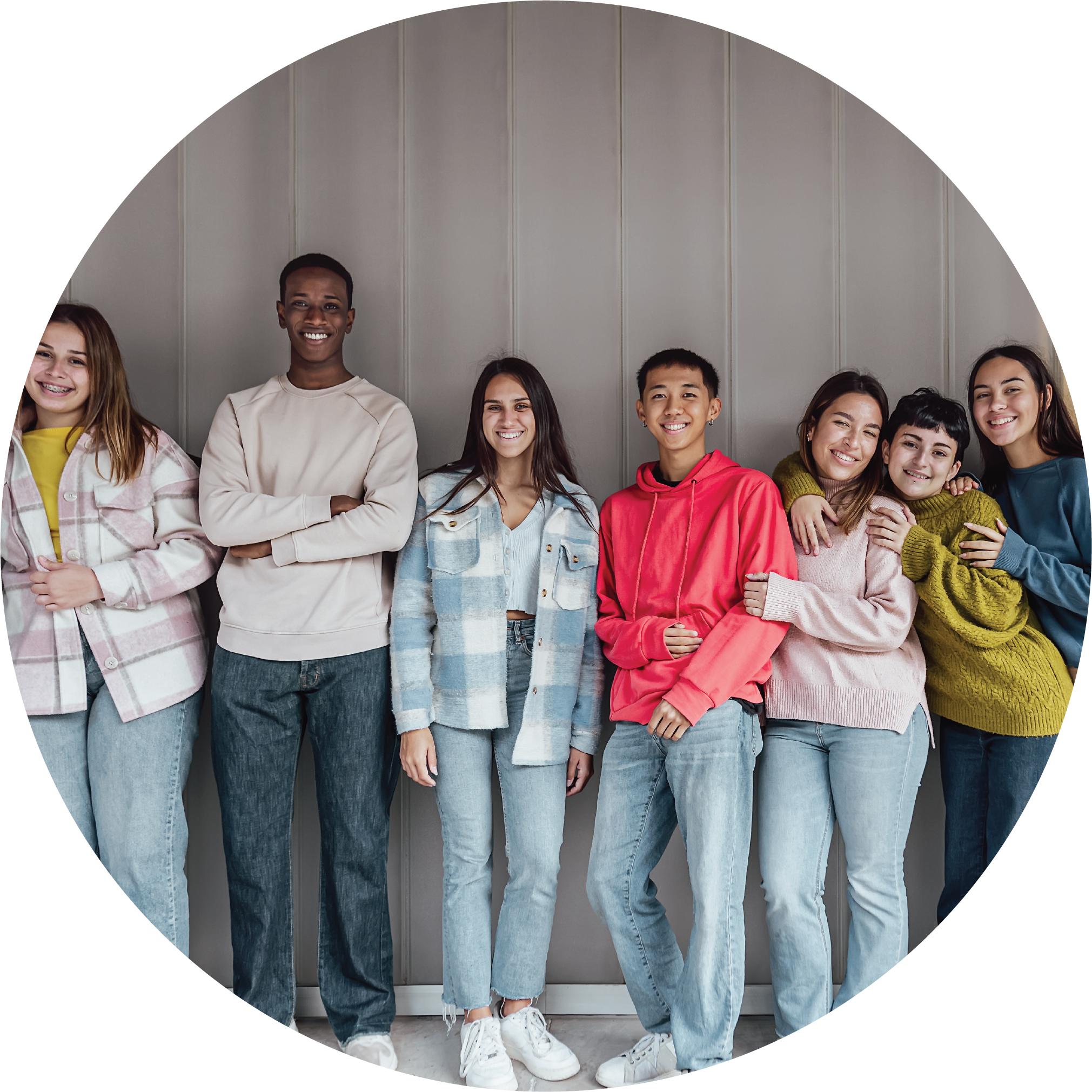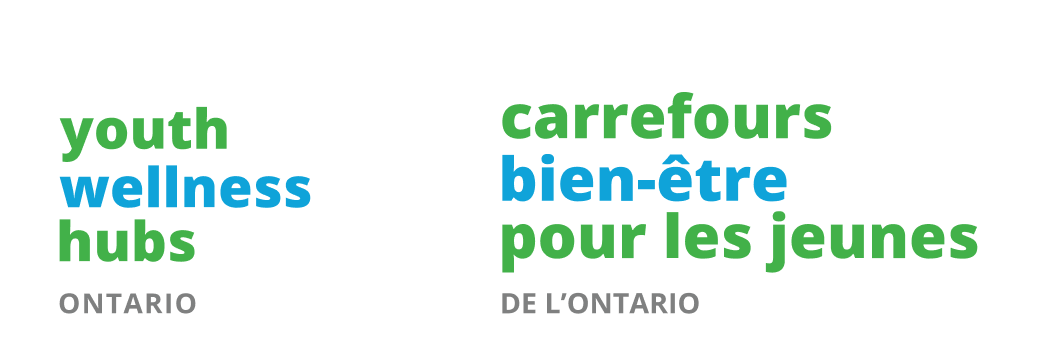
Youth & Family Engagement at YWHO
Youth and Family Engagement is a core component of the YWHO model. Collaboration with youth and family members takes place across all aspects of YWHO service delivery and at both provincial and local levels.
Evidence shows that when young people have a voice and active role in treatment and service planning, access to mental health services is enhanced, agencies are able to be more responsive to community needs, community development is bolstered and young people are encouraged to be more civic-minded.
Youth and families are involved from the start
The central values that guide YWHO’s youth and family engagement are:
- Co-creation and co-direction
- Increasing visibility and uplifting youth and family voices
- Collaboration across sectors and stakeholders
- Equity and access
- Evaluation and continuous quality improvement to integrate into our models.




